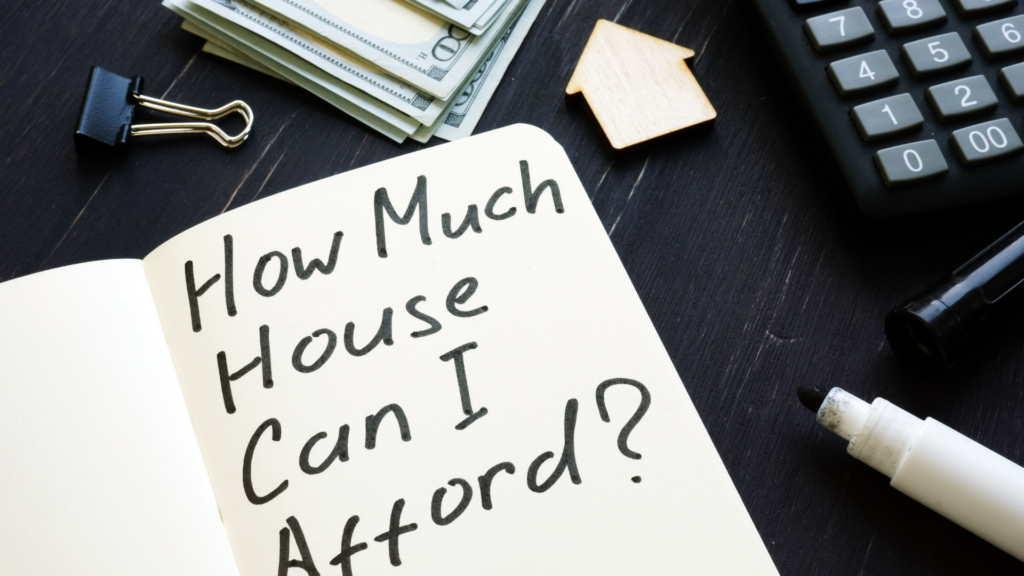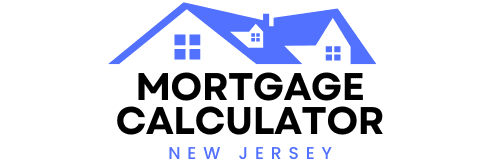
How Mortgages Work for Dummies
Navigating the world of home buying can seem daunting, especially when it comes to understanding how mortgages work. This comprehensive guide is tailored for beginners, aiming to demystify the process and lay down the foundational knowledge needed to embark on your home-buying journey with confidence.
What is a Mortgage?
At its core, a mortgage is a type of loan specifically designed for purchasing real estate. Unlike a personal loan, a mortgage is secured against the property you intend to buy. This means if you fail to keep up with your repayments, the lender has the right to take possession of your home to recover their funds.
Key Components of a Mortgage
Understanding the main components of a mortgage can help you make informed decisions:
- Principal: This is the amount you borrow from the lender to purchase your home.
- Interest: Lenders charge interest on the loan, which is the cost you pay for borrowing the principal.
- Term: The term is the length of time you have to repay the mortgage. It can vary, with 30 years being a common term in the United States.
- Monthly Payment: Your monthly payment typically includes a portion of the principal, interest, and sometimes includes property taxes and homeowners insurance.
Types of Mortgages
There are several types of mortgages available, each with its own set of rules and benefits:
- Fixed-Rate Mortgages: The interest rate remains the same throughout the life of the loan, making monthly payments predictable.
- Adjustable-Rate Mortgages (ARMs): The interest rate can change at specified times, which means your monthly payments can increase or decrease.
- Government-Insured Loans: These include FHA loans, VA loans, and USDA loans, designed to help specific groups of people, such as first-time homebuyers, veterans, or those living in rural areas.
How to Qualify for a Mortgage
Lenders use several criteria to decide whether to loan you money and at what interest rate:
- Credit Score: Your credit score is a key factor in determining your mortgage eligibility and interest rate. A higher score can lead to more favorable terms.
- Debt-to-Income Ratio (DTI): This measures your monthly debt payments against your gross monthly income. A lower DTI can make you more attractive to lenders.
- Down Payment: The down payment is the initial amount you pay upfront for your home. While 20% is traditionally recommended, many loans allow for lower down payments.
- Employment History: Lenders typically require a stable income and employment history to ensure you can afford your monthly payments.
The Mortgage Process
The process of getting a mortgage involves several steps:
- Pre-Approval: Before house hunting, it’s wise to get pre-approved for a mortgage to know how much you can afford.
- House Hunting: With a pre-approval in hand, you can search for a home within your budget.
- Mortgage Application: Once you’ve found a home, you’ll apply for a mortgage. This involves providing detailed information about your finances.
- Loan Processing: The lender will verify your financial information and assess the property’s value.
- Closing: If approved, the final step is closing, where you’ll sign the paperwork, pay closing costs, and officially take ownership of your home.
Tips for First-Time Homebuyers
- Budget Wisely: Beyond the mortgage, consider other expenses such as property taxes, homeowners insurance, and maintenance.
- Shop Around for Mortgages: Rates and terms vary by lender, so it’s important to compare options.
- Consider Mortgage Points: Buying points can lower your interest rate but requires paying more upfront.
- Understand All Costs: Be aware of all costs involved, including closing costs, which can add up to 2% to 5% of the loan amount.

Conclusion
Understanding how mortgages work is crucial for anyone stepping into the realm of home ownership. By familiarizing yourself with the basics outlined in this guide, you’re better equipped to navigate the process, understand the commitments you’re making, and make decisions that best suit your financial situation. Remember, buying a home is one of the most significant financial decisions you’ll make, so take your time, do your research, and seek professional advice as needed to ensure you find the right mortgage for your needs.

